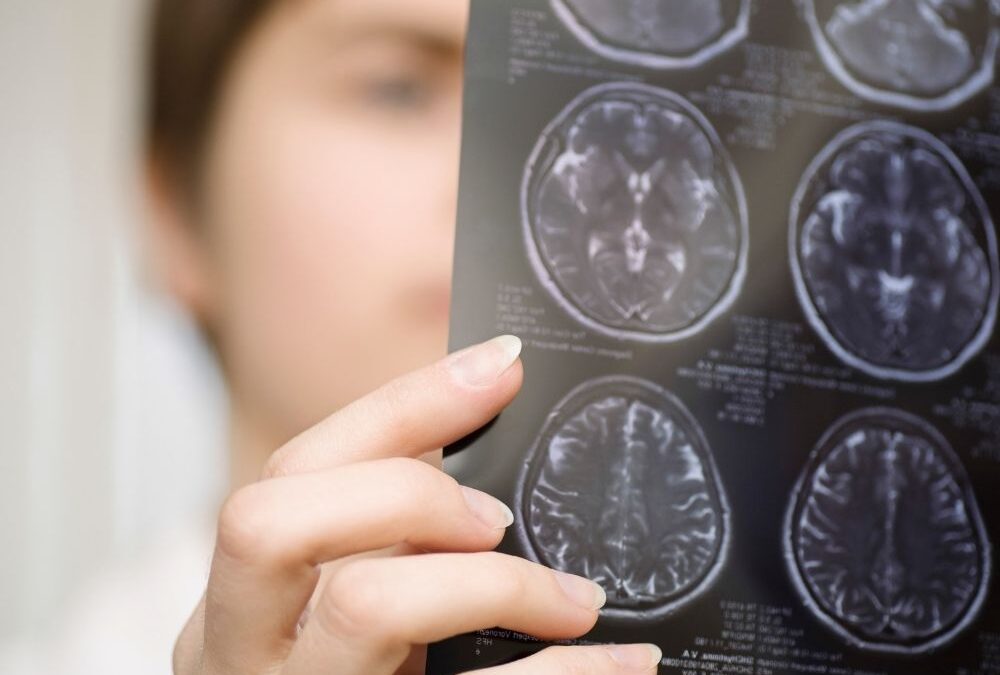Coping with a traumatic brain injury (TBI) is incredibly challenging. The symptoms of a TBI vary widely between each patient, and they can include anxiety, depression, pain, loss of cognitive function, headaches, and severe fatigue among many other symptoms. Those who experienced severe traumatic brain injuries may lose their ability to act independently and require around-the-clock care. In addition to the physical and emotional consequences of traumatic brain injuries, victims often experience significant stigma.
The symptoms of traumatic brain injuries often correlate with stigma and discrimination. Those who suffer from losing their senses, impaired cognitive abilities, and impaired coordination are vulnerable to others discriminating against them or stigmatizing them. For example, an employer may not understand that an employee does not intentionally forget the essential steps required to complete a task but experiencing a symptom of their traumatic brain injuries.
Unfortunately, researchers have discovered that TBI patients who experience stigma and have self-stigma are less likely to seek help from professionals and family members for their conditions and symptoms. Even those who have suffered a mild traumatic brain injury can still experience stigma from others.
Perceived Stigma Associated With TBI
A recent study concluded that many individuals with TBI experience stigma and discriminatory behaviors or negative attitudes from those around them. The term ‘stigma’ describes negative, external actions directed toward the person who experienced a traumatic brain injury. Individuals with traumatic brain injury experience actual stigma and perceived stigma. Perceived stigma is associated with physical and mental health outcomes. The study concluded that independent variables and the severity of a person’s injury affect the outcome of community participation and perceived stigma. These factors include the following:
- Pre-injury years of education
- Pre-injury occupation
- Post-injury effective factors such as anxiety and depression
- A person’s demographic characteristics, such as their race/ethnicity, gender, and age
The researchers measured the outcome of the perceived stigma based on a person’s participation in the community and whether they stated that they perceived they were being stigmatized. Researchers found that affective factors such as depression and anxiety were only associated with community participation when the perceived stigma was removed from the model. In other words, when researchers removed perceived stigma, a person’s depression or anxiety was more likely to influence their participation and communities.
Doctors and researchers can use this information when treating people with traumatic brain injuries. As the researchers found, their findings carry significant treatment implications for patients with TBI. Treatment professionals may be able to modify their practices to consider how victims of TBI perceive stigma. If they can help the patients with TBI decrease their perceived stigma, they may be able to help them participate more thoroughly in their communities, offering them a better life.
Traumatic Brain Injuries: Contact an Experienced TBI Lawyer
If you or your loved one have experienced a traumatic brain injury caused by another person’s negligence or intentional act, you may be entitled to compensation. Contact the experienced TBI lawyers at Griggs Injury Law today to schedule your free initial consultation.


